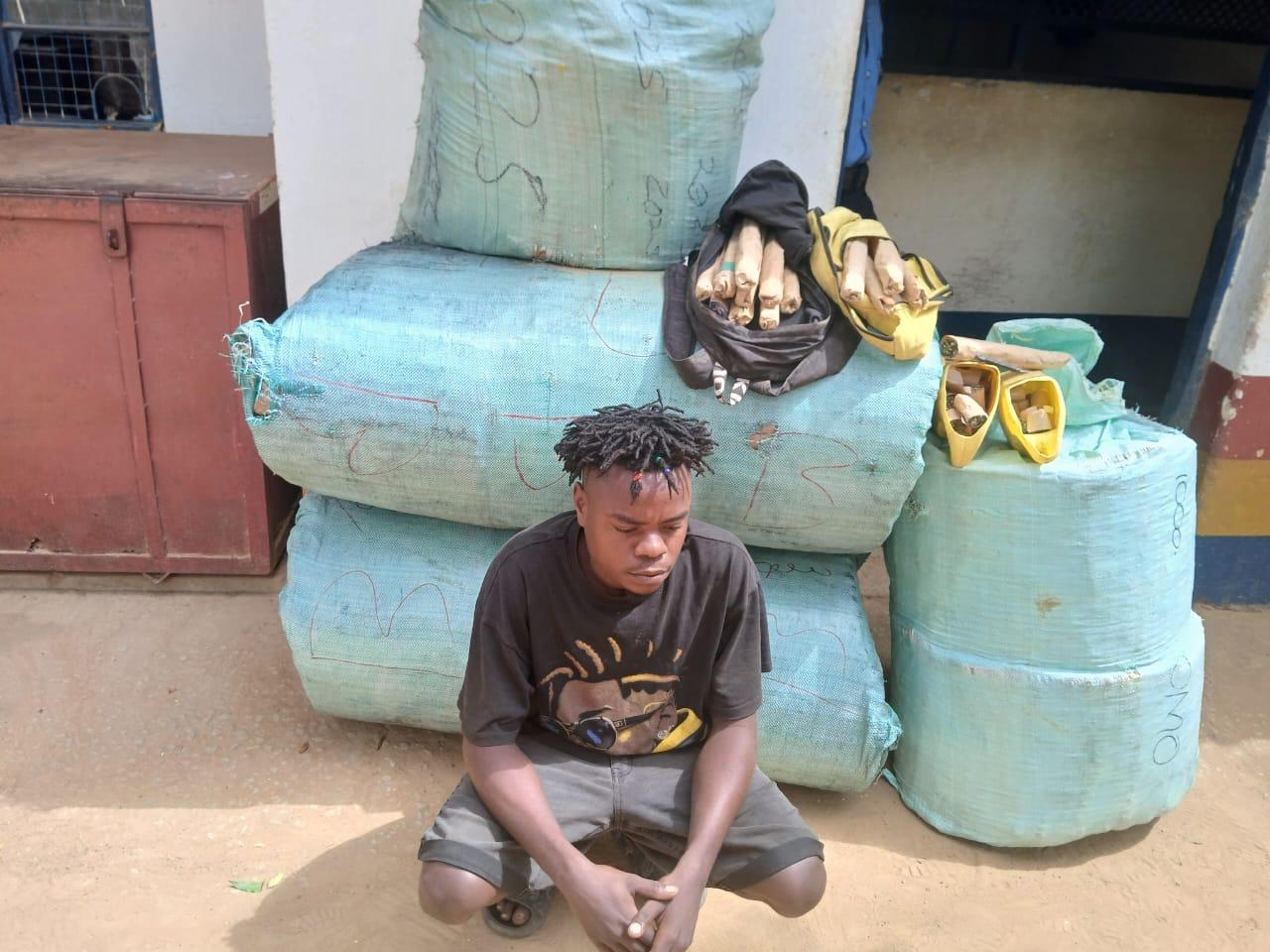The Ministry of Health (MoH) has refuted allegations of substandard HIV testing kits in the Kenyan market.
In a statement on Tuesday May 28, 2024, Principal Secretary for Medical Services Harry Kimtai assured Kenyans that the gains made in response to HIV will not be rolled back.
“The Ministry of Health is deeply concerned about claims of poor quality of HIV testing services in the country. It is important that the gains made in the response to HIV are not rolled back due to misinformation,” Kimtai said.
Kimtai emphasized the Ministry’s unwavering commitment to providing high-quality health services and urged all citizens to continue seeking HIV testing services across the country.
“The Ministry of Health assures Kenyans of its unwavering commitment to ensuring access to the highest-quality health services and urges all citizens to continue seeking HIV testing services across the country,” Kimtai said.
According to Kimtai, the ministry has quality assurance system under the Pharmacy and Poisons Board (PBB) which monitors and safeguards the quality of HIV testing in Kenya.
“The MoH’s routine capacity-building efforts, the independent pharmacovigilance systems under the PBB, and the robust quality assurance proficiency testing routinely monitor and safeguard the quality of HIV testing in Kenya,” he said.
Furthermore, the Ministry announced its transition from a two-test algorithm to a three-test algorithm for HIV diagnosis.
This new protocol involves using three different test kits in a sequential manner to enhance diagnostic accuracy, which Kimtai described as a critical step in Kenya’s fight against HIV and AIDS.
“The three-test algorithm marks a pivotal advancement in diagnostic accuracy, which is critical in Kenya, fight against HIV and AIDS, underscoring the MOH’s dedication to the health and well-being of all citizens,” added Kimtai.
The statement comes in response to a lawsuit filed by a Chinese company, Guangzhou Wondfo Biotech Co Ltd, against the Kenyan government.
The company alleged that its HIV testing kits were wrongfully reclassified, leading to its exclusion from a tender to supply new testing materials.
The company also claimed that the winning bidder provided substandard kits, potentially causing inaccurate results.
In a court filing, Director General of Health Dr. Patrick Amoth argued that the company was aware of its kits being placed in the second level of classification. Testing kits are categorized as A1, A2, or A3, based on their specificity and sensitivity.
Kenya has the 7th largest HIV epidemic globally, with an estimated 1.4 million people living with HIV (PLHIV).
As of December 2023, 1,336,234 PLHIV were receiving treatment at 3,752 facilities nationwide.











